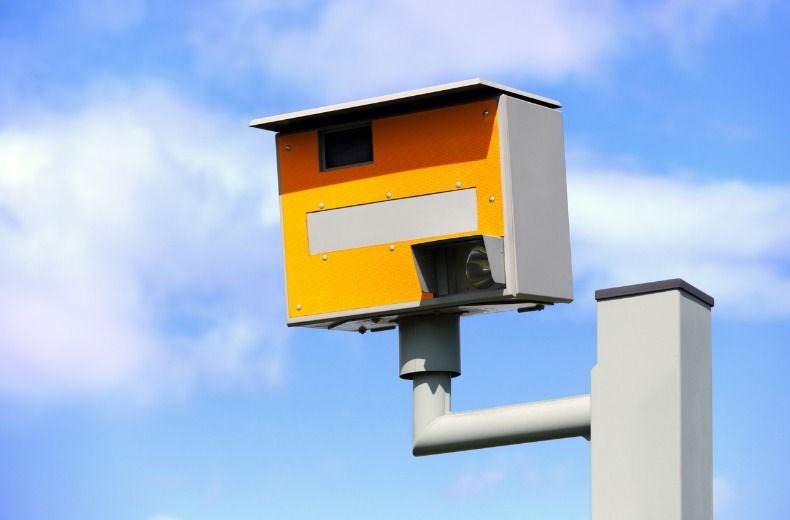Around 1.5 million motorists completed a course in 2021 to escape prosecution for minor road offences, according to figures from the National Driver Offender Retraining Scheme (NDORS) obtained by the PA news agency.
That’s an increase of 200,000 on the previous year when 1.3 million took courses and is the highest annual total since records began in 2014.
Speed awareness courses were by far the most common type of retraining undertaken last year, attended by 86% of offending drivers.
These are offered to motorists caught exceeding the limit within the ‘acceptable' range, and aim to educate them on UK speed limits and the potential consequences of driving too fast.
Other courses taken included ones that focus on motorway driving, the importance of wearing a seat belt and the causes of risky and inconsiderate driving.
Steve Gooding, director of motoring research charity the RAC Foundation, said: “On the face of it, the increase in the number of people doing courses indicates that our driving habits have got worse despite the Covid-induced travel restrictions of last year.
“But there’s a message motorists need to take on board: at least 1.5 million got caught flouting the law last year so if you’re tempted to speed up, remember the next driver to be caught could well be you.”
- Driving offences and their punishments
- Speeding fines – how much you have to pay
- Speed cameras – how they work
With data from the Department for Transport showing that speed was a contributory factor in a quarter of fatal collisions on Britain’s roads in 2020, educating motorists to stop them reoffending is seen as an important part of the Government’s drive to improve road safety.
But critics have branded speed awareness courses too soft on drivers who have broken the law and a ‘cash cow’ for the police.
Courses are run by private companies and are offered to drivers at the discretion of police forces across the UK. Drivers are only given the option to take a speed awareness course if they haven’t previously completed one in the past three years.
Because of the pandemic, most courses are now being held online, with virtual speed awareness lessons costing between £73 and £95, and lasting two hours and 45 minutes.
Many drivers consider this a better alternative to paying a £100 fine and having three penalty points added to their licence.

RAC sale – up to 33% off*
• Roadside cover from £5.29 a month†
• We get to most breakdowns in 60 mins or less
• Our patrols fix 4/5 breakdowns on the spot











